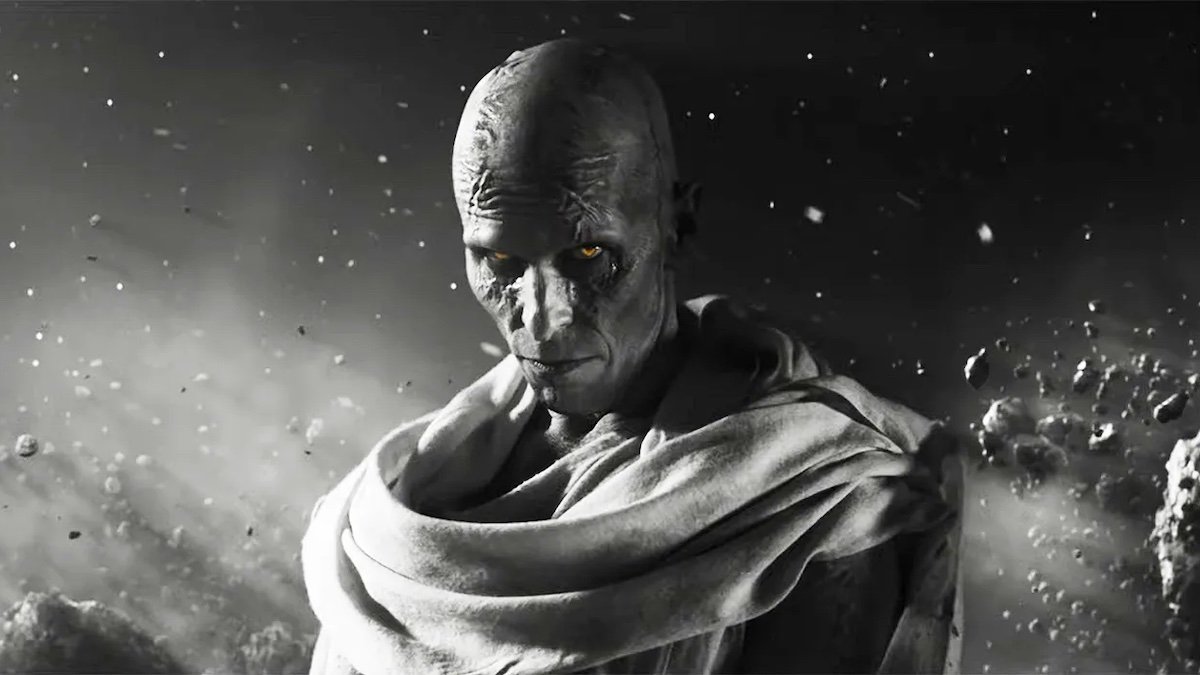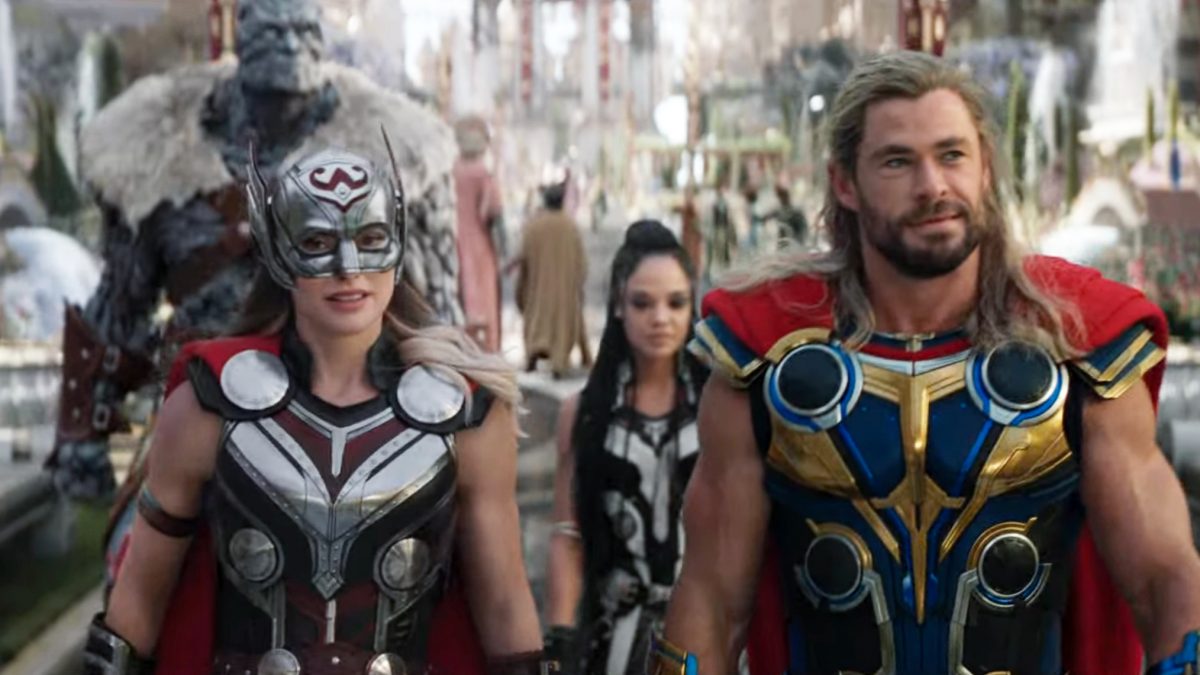There are two schools of thought on how to make a movie about comic book superheroes. The first is to try and make it realistic and grounded in the real world. That’s what Christopher Nolan’s Dark Knight trilogy did for Batman and The Joker. Those films are grim and violent, long on visceral thrills, short on humor.
The second school of thought is to make comic book superhero movies more comic book-y. Outlandish plots, self-aware asides, and jaunty humor are the order of the day. The best example of this school of thought is the wacky Batman TV series from 1966. Richard Donner’s earnest 1978 Superman is a less extreme version.
Students of the gritty school accuse the other side of not taking the source material seriously, while the comic book-y school believes that the grittys fundamentally misunderstand the source material. Since films about superpowered people wearing tights punching each other in space are ubiquitous to the point of being mandatory, the question “Is Batman a good-natured altruist like Adam West or a glowering neo-fascist like Robert Pattison?“ has outsized impact on the culture.
The two philosophies collide violently in Thor: Love and Thunder. Chris Hemsworth has now appeared in nine films as Thor, but he didn’t find his footing until 2017’s Thor: Raganork, when director Taika Waititi empowered him to go for laughs. Since then, the himbo from Asgard has been a breath of fresh air when things get a little too self-serious in the MCU.
The gritty side is represented by Christian Bale as Gorr the God Butcher. As Nolan’s gravelly voiced Batman, he wrenched the gravitas out of a rich boy who dresses like a bat to play cops and robbers. Making the DC hero into a Marvel antagonist is a admittedly stunt casting, but Bale is a phenomenally talented actor who played one of the greatest villains in cinematic history in American Psycho.

Gorr is the first person we see in Love and Thunder, wandering through the desert of his home planet on a pilgrimage to the shrine of his god Rapu (Jonny Brugh) in an effort to save his daughter, Love (India Rose Hemsworth, who is actually Chris Hemsworth’s daughter) from the blight that has consumed their world. But Love dies anyway, and when Gorr meets the real Rapu, he makes it clear that he doesn’t care about the sufferings of the little people who worship him. So Gorr grabs the nearest weapon, which happens to be the god-killing Necrosword, and vows to wage a campaign of deicide, beginning with Rapu.
Meanwhile, Thor is hanging out with the Guardians of the Galaxy, saving planets and — having sculpted his Avengers: Endgame dad bod into a chiseled god bod — looking good doing it. Thor’s intro sequence epitomizes why I prefer the comic-booky approach to comic-book movies. I can get detectives chasing serial killers and corrupt cops anywhere, but only Waititi can give me a space Viking fighting an army of owl bears on hover bikes.
Thor gets wind of Gorr’s anti-god crusade, and returns to Earth to check on New Asgard, where the refugees from his destroyed home planet are now running a tourist trap. Sure enough, Gorr and his shadow monsters have come calling. But the Asgardians are putting up a fight, led by Valkyrie (Tessa Thompson) and The Mighty Thor (Natalie Portman).
Hold up — there’s another Thor? And he’s a she? And she’s Thor’s ex-girlfriend, Dr. Jane Foster, who, for budgetary reasons was unceremoniously written out of the story after Thor: The Dark World? Yes, yes, and yes. Since the breakup, Jane’s had her ups and downs, first becoming a famous physicist and then contracting terminal cancer. She heeded a psychic call to New Asgard, where the reassembled pieces of Thor’s broken hammer Mjolnir prolonged her life and granted her the powers of the thunder god. As we’ll see, facing an ex who also has his old job is just the beginning of Thor’s problems.
Love and Thunder is a deeply divided movie. On the one hand, you’ve got a hero dying of cancer and a villain whose motivation is literally the Greek philosopher Epicurius’ Problem of Evil. On the other hand, you’ve got Hemsworth mugging for the camera and the director himself (as Thor’s sidekick Korg) narrating as a “once upon a time” story. Bale tries valiantly to fit in, but he’s got one gear: “intense.” Portman is professional who understands the assignment, and is able to at least fake having fun. Ultimately, the film collapses under the weight of its contradictions. Love and Thunder can’t decide if it wants to laugh at itself or soar into Valhalla, and ends up doing neither well.
